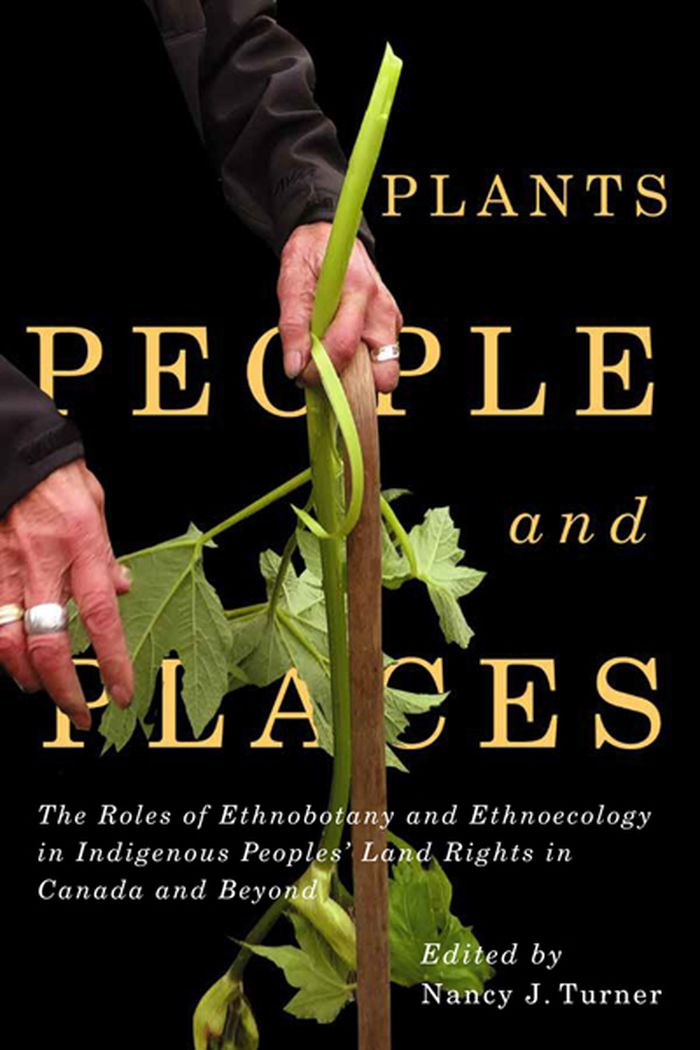Plants, people and places: the roles of ethnobotany and ethnoecology in indigenous peoples' land rig
$49.95
(available to order)
Summary:
For millennia, plants and their habitats have been fundamental to the lives of Indigenous Peoples - as sources of food and nutrition, medicines, and technological materials - and central to ceremonial traditions, spiritual beliefs, narratives, and language. While the First Peoples of Canada and other parts of the world have developed deep cultural understandings of plants(...)
Plants, people and places: the roles of ethnobotany and ethnoecology in indigenous peoples' land rig
Actions:
Price:
$49.95
(available to order)
Summary:
For millennia, plants and their habitats have been fundamental to the lives of Indigenous Peoples - as sources of food and nutrition, medicines, and technological materials - and central to ceremonial traditions, spiritual beliefs, narratives, and language. While the First Peoples of Canada and other parts of the world have developed deep cultural understandings of plants and their environments, this knowledge is often underrecognized in debates about land rights and title, reconciliation, treaty negotiations, and traditional territories. Plants, People, and Places argues that the time is long past due to recognize and accommodate Indigenous Peoples' relationships with plants and their ecosystems. Analyzing specific cases in which Indigenous Peoples' inherent rights to the environment have been denied or restricted, this collection promotes future prosperity through more effective and just recognition of the historical use of and care for plants in Indigenous cultures.
Environment and environmental theory
